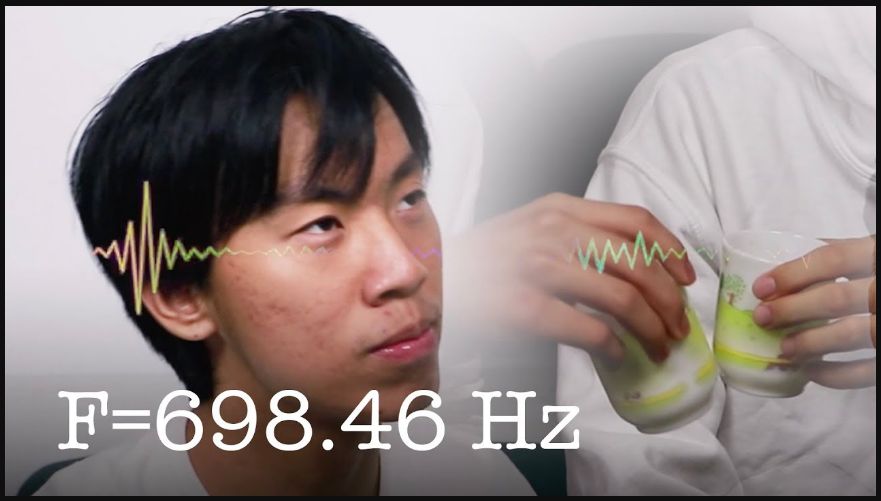Functional anatomy of musical processing in listeners with absolute pitch and relative pitch
The functional anatomy of musical processing in listeners with absolute pitch (AP) and relative pitch (RP) has been a topic of interest in neuroscience research. Absolute pitch refers to the ability to identify or produce musical pitches without the need for a reference tone, while relative pitch refers to the ability to perceive and understand … Read more
